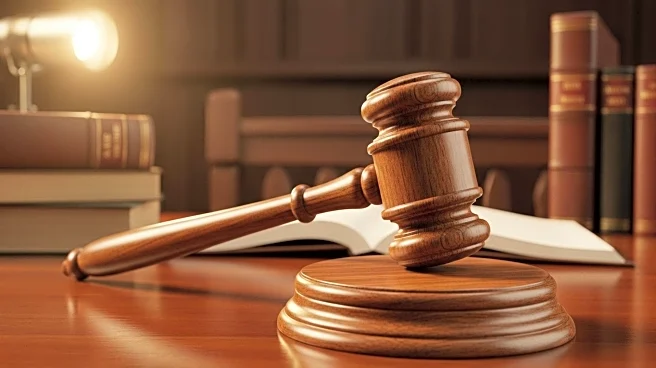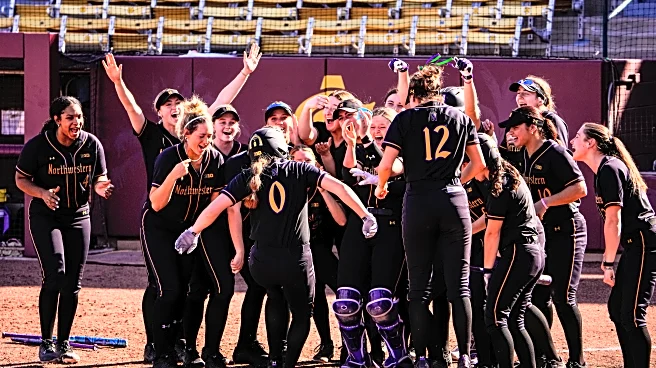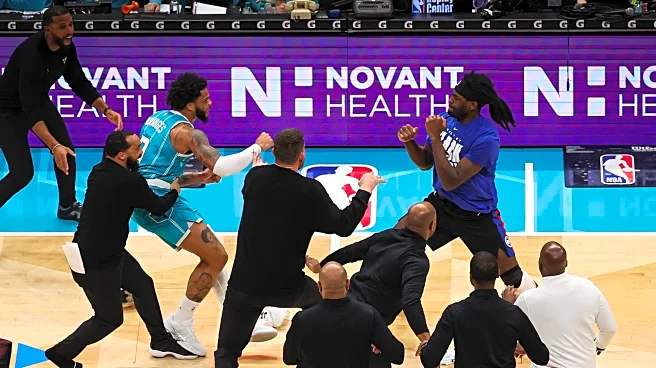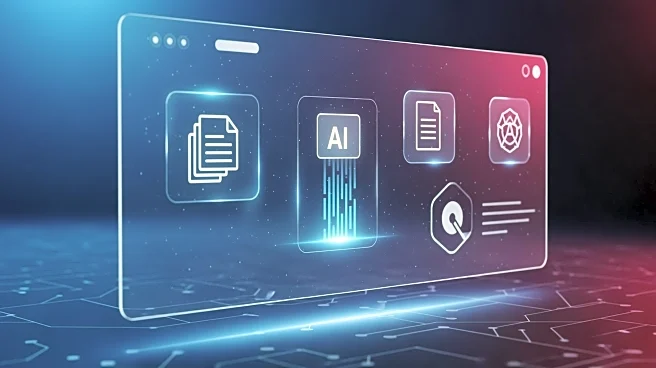What's Happening?
On September 24, 1969, the trial of the Chicago Eight, later known as the Chicago Seven, commenced. The defendants were charged with crossing state lines to incite riots at the 1968 Democratic National Convention. Although five were initially convicted, their convictions were later overturned. This trial was a significant event in U.S. history, reflecting the political and social tensions of the era. The trial highlighted issues of free speech, protest rights, and government authority during a period of widespread civil unrest.
Why It's Important?
The trial of the Chicago Eight is a pivotal moment in American history, illustrating the clash between government authority and civil liberties. It serves as a reminder of the importance of protecting free speech and the right to protest, especially during times of political turmoil. The trial's outcome and subsequent overturning of convictions underscore the role of the judiciary in safeguarding constitutional rights. This historical event continues to influence discussions on civil rights and the balance between security and freedom in the U.S.
Beyond the Headlines
The trial's legacy extends beyond its immediate impact, contributing to ongoing debates about the limits of protest and government power. It has inspired legal and cultural discussions on the importance of dissent in a democratic society. The trial also serves as a historical reference point for evaluating current issues related to civil rights and government accountability. Understanding this event helps contextualize contemporary movements advocating for social justice and reform.










